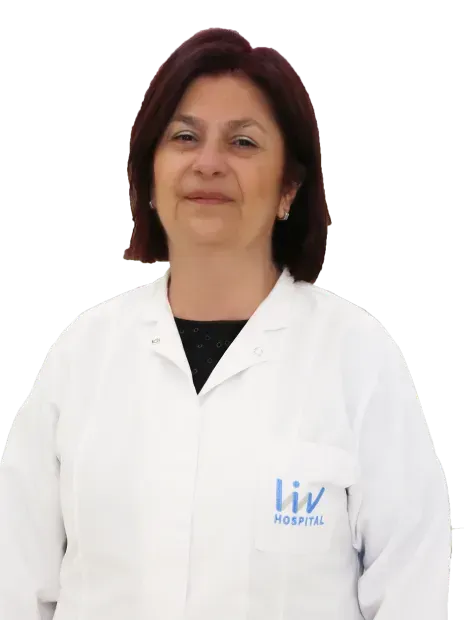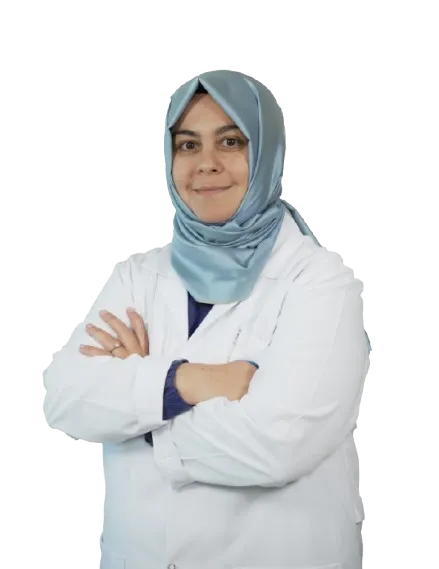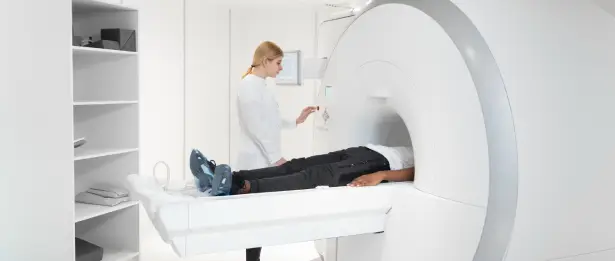Pediatric Neurology
Last Update Date: 9/12/2025 12:43:52 PM
Pediatric Neurology is a medical specialty that deals with the diagnosis and treatment of brain, spinal cord, nerve and muscle diseases of children between the ages of 0-18. These diseases can be congenital or acquired later.
What is Pediatric Neurology?Pediatric Neurology is a branch of science that works in a multidisciplinary manner in order to prevent, reduce, diagnose, treat neurological problems in children and ensure a better life for children with neurological problems. The nervous system, which is continuing to develop, may be damaged during pregnancy, at birth, or in the period after childbirth.
Pediatric Neurology is a branch of science that works in a multidisciplinary manner in order to prevent, reduce, diagnose, treat neurological problems in children and ensure a better life for children with neurological problems. The nervous system, which is continuing to develop, may be damaged during pregnancy, at birth, or in the period after childbirth.
As a result of this or due to genetically transmitted diseases, various diseases such as cerebral palsy, epilepsy, mental retardation, movement disorders, autism, muscle disorders, spinal cord and peripheral nerve diseases may occur, and the child's entire life and even life expectancy may be affected.
Which Diseases Does Pediatric Neurology Treat?
Pediatric neurology is a branch of medicine that studies various neurological diseases observed in children. Common diseases in this field include various conditions such as epilepsy, cerebral palsy, neuromuscular diseases, movement disorders, neurodegenerative diseases, headaches, migraines, learning difficulties, neurological development disorders, head and neck tumors, nervous system infections. These diseases are usually evaluated and treated by pediatric neurologists, and the monitoring and development of the children's neurological health are also monitored by specialists.
Pediatric Neurology at Liv Hospital
Liv Hospital deals with diagnosis and treatment of many neurological diseases such as neurological follow-up of premature babies and babies at risk, eclampsia, developmental disorders, fainting, walking and behavioral disorders, brain traumas, headache, epilepsy, autism, muscle and nerve injuries, stroke.
In patients in infancy and all childhood periods, EEG records can be performed according to modern standards and is evaluated by a pediatric neurology specialist. In addition, brain tomography and MRI can be performed on children of any age.
A child as an organism is a whole, diseases belonging to other systems and organs can also affect the development and functions of a child's nervous system. Urgent neurological problems are also not uncommon in children; coma, paralysis, seizures with or without fever are the most common neurological emergencies in children. These urgent neurological problems can cause permanent damage, even lead to death.



















.png)


